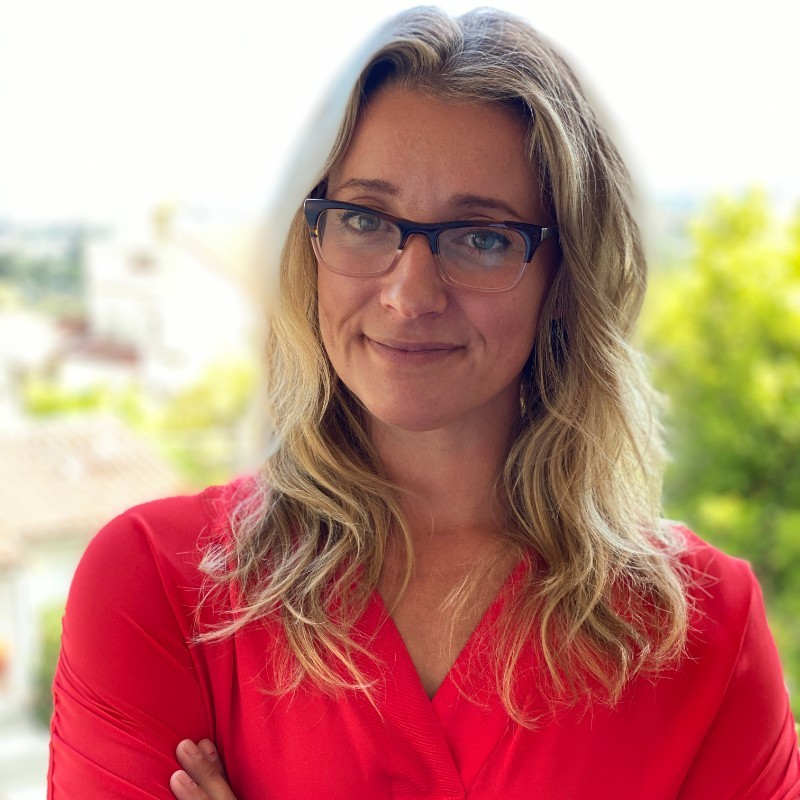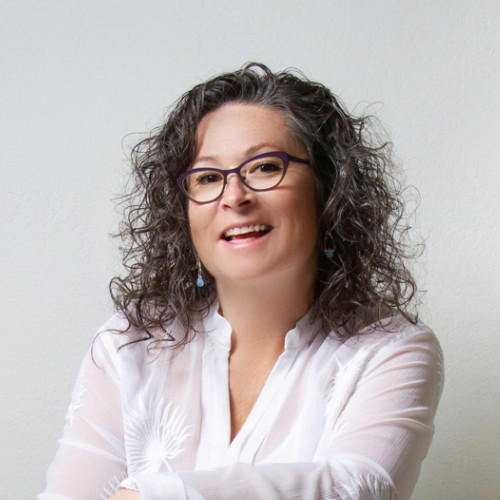As a patient, I want to feel that I am in safe hands. I want to feel that the medical staff facing me know about my history, my needs, and how to address them. I want the same for my family and friends, and I believe every patient deserves this type of care and concern. This is true whether patients visit their regular health care provider, or whether they decide to volunteer in a traditional or decentralized clinical trial.
Clinical trial volunteers contribute to medical advances, sometimes without receiving any direct benefits. Without volunteers, clinical studies simply would not be possible.
Based on my experience as a clinical research coordinator and now as a clinical writer at ScienceMedia, I want to help ensure that the doctors, researchers, and clinical staff
interacting with trial participants are well knowledgeable about the trial they are conducting so that they also have the confidence to effectively address the participants' needs and concerns.
This is especially important in decentralized clinical trials where many of the trial participant touchpoints occur through remote monitoring.
In this type of patient-centric approach, although participants do not get to meet the study staff in person, the human connection is still one of the most important aspects of the patient's
experience. The trust and rapport established through telemedicine encounters lay the groundwork for effective patient's engagement throughout the decentralized clinical trial.
Even through a screen, participants need to feel that the study team is well trained, abreast of any safety issues, and aware of their needs.
As a clinical writer, I see my role as helping facilitate the human connection in clinical trials, whether they are decentralized or on-site.
By translating text-heavy clinical documents into impactful, interactive, educational content that the study team
can review at their own peace, we help build strong expertise among the clinical team and ultimately create meaningful prolific human interactions.













